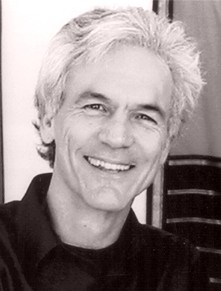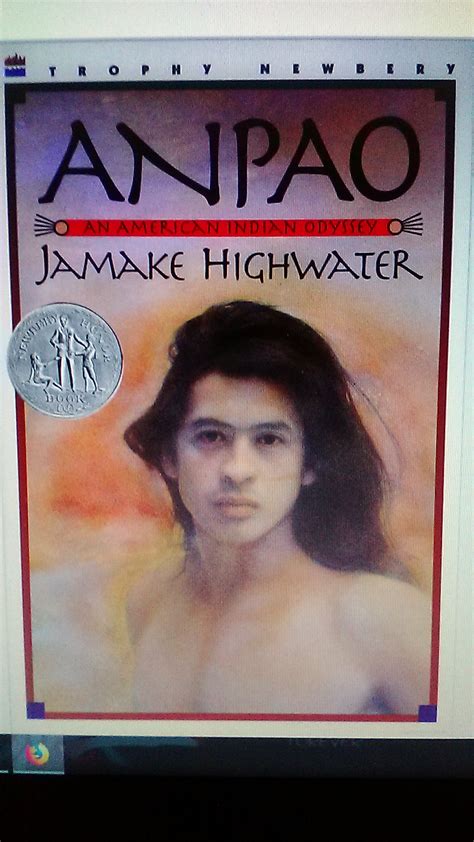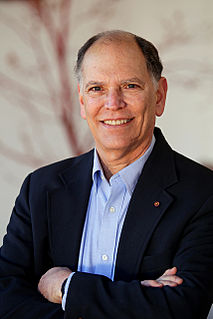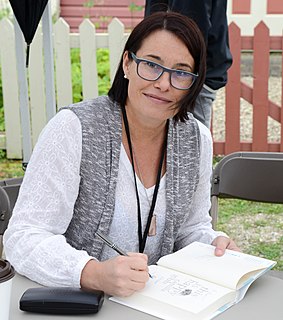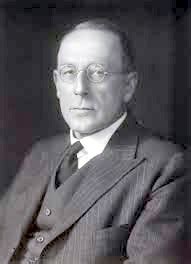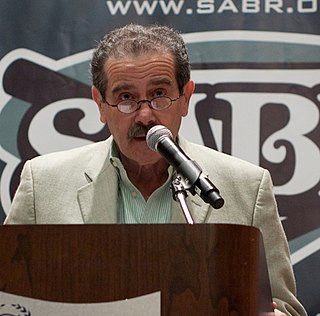A Quote by Anthony Bourdain
If people are eating mostly pickles after many generations, where did that come from? It's reflective of history, often a painful history. It's central to a culture, to a history, to a personal story. It's communication at its most fundamental.
Related Quotes
The creation story unfurling within the scientific enterprise provides the fundamental context, the fundamental arena of meaning, for all the peoples of the Earth. For the first time in human history, we can agree on the basic story of the galaxies, the stars, the planets, minerals, life forms, and human cultures. This story does not diminish the spiritual traditions of the classical or tribal periods of human history. Rather, the story provides the proper setting for the teachings of all traditions, showing the true magnitude of their central truths.
I have to throw in on a personal note that I didn't like history when I was in high school. I didn't study history when I was in college, none at all, and only started to do graduate study when my children were going to graduate school. What first intrigued me was this desire to understand my family and put it in the context of American history. That makes history so appealing and so central to what I am trying to do.
Science fiction is the most important literature in the history of the world, because it's the history of ideas, the history of our civilization birthing itself. ...Science fiction is central to everything we've ever done, and people who make fun of science fiction writers don't know what they're talking about.
I feel history is more of a story than a lesson. I know this idea of presentism: this idea of constantly evoking the past to justify the present moment. A lot of people will tell you, "history is how we got here." And learning from the lessons of history. But that's imperfect. If you learn from history you can do things for all the wrong reasons.
Once you step inside, history has to be rewritten to include you. A fiction develops a story that weaves you into the social fabric, giving you roots and a local identity. You are assimilated, and in erasing your differences and making you one of their own, the community can maintain belief in its wholeness and purity. After two or three generations, nobody remembers the story is fiction. It has become fact. And this is how history is made.
Americans, more than most people, believe that history is the result of individual decisions to implement conscious intentions. For Americans, more than most people, history has been that.... This sense of openness, of possibility and autonomy, has been a national asset as precious as the topsoil of the Middle West. But like topsoil, it is subject to erosion; it requires tending. And it is not bad for Americans to come to terms with the fact that for them too, history is a story of inertia and the unforeseen.

